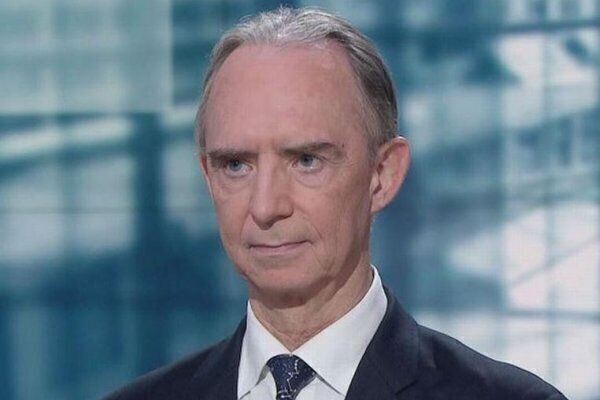
TABNAK –Marc Finaud, Associate Fellow at the GCSP at the Geneva Centre for Security Policy (GCSP), says activing snapback of would mean giving up on any chance of reviving the JCPOA.
He adds that “It would make all Iranian nuclear activities beyond the JCPOA illegal and lead the E3 and EU to reinstate sanctions, thereby depriving their companies of any right to trade with or invest in Iran. So activating snapback could become counter-productive.”
Following is the full text of interview:
Q: The IAEA Board of Governors passed a resolution against Iran and asked the Director General to submit a comprehensive report on the nuclear program on the requested data-x-items by March 2025. Some see this action by E3 as a green light to the Trump administration before it takes office. What is your assessment?
A: In fact, it is more a reminder that, back in 2003, it was the E3 who initiated the negotiation with Iran that led in 2015 to the JCPOA, in which both the E3 and the EU played a central role, as demonstrated by the Vienna talks. So the E3 want to send a signal both to Iran and to the US: for Iran to stop getting closer to the capacity to produce nuclear weapons, and to the US to signify that any attempt to address this issue unilaterally or bilaterally will fail. Iran did slow down its 60% uranium enrichment after direct talks with the US in Oman but then started again to increase that production. The Europeans want to be included in any initiative regarding the Iranian nuclear program, especially if Trump returns to a policy of maximum pressure against Iran when he is back at the White House.
Q: If the demands of the United Kingdom, Germany, France and the United States are not met by March 2025, what will be their next step? If the Board of Governors refers the Iranian case to the Security Council, is there a high possibility of a veto by Russia and China?
A: Referral to the UN Security Council must first be voted by the IAEA Board of Governors where there may not be a majority in favor. Even if this passes, Russia's negative vote against the E3 resolution is a sign that it would veto a sanctions resolution in the Security Council. China would probably follow Russia or abstain like some non-permanent members from the Global South if Iran presents a convincing case.
Q: The E3 and the United States, other than the safeguards issue, can activate the Snapback mechanism against Iran based on the Agency's reports. Some believe that they will activate the snapback mechanism before October 18, 2025, in the spring. What is your assessment?
A: For the US, it would be difficult to use snapback by reference to Resolution 2231 because it cannot be considered as a "participant" to the JCPOA any longer, and in any case the current US sanctions against Iran are more damaging that a resumption of UN sanctions (that don't include oil sanctions for instance). The E3 would need to invoke “significant non-performance of commitments under the JCPOA” by Iran and activate the mechanism before it expires in October 2025. But this would mean giving up on any chance of reviving the JCPOA; it would make all Iranian nuclear activities beyond the JCPOA illegal and lead the E3 and EU to reinstate sanctions, thereby depriving their companies of any right to trade with or invest in Iran. So activating snapback could become counter-productive.
Q: It has been announced that the Trump administration will launch a maximum pressure campaign against Iran with executive orders in the first days of its inauguration. If such a thing happens, it seems that the small window of diplomacy will disappear. What is your opinion?
A: Of course, this is a high risk and probability, considering his past attitude towards Iran and the JCPOA. However, the situation has changed now after the normalization of relations between Iran and Saudi Arabia and other Gulf countries. It is far from certain that those countries would appreciate any escalation of tensions with Iran, possibly up to a regional war that would disrupt much of the economy and trade and destabilize the region further. Even if Trump gives Israel a green light to attack Iran again, including its nuclear facilities, the risk would be great that this would encourage Iran to withdraw from the Non-proliferation Treaty and decide to manufacture nuclear weapons, something that the US has always adamantly opposed.